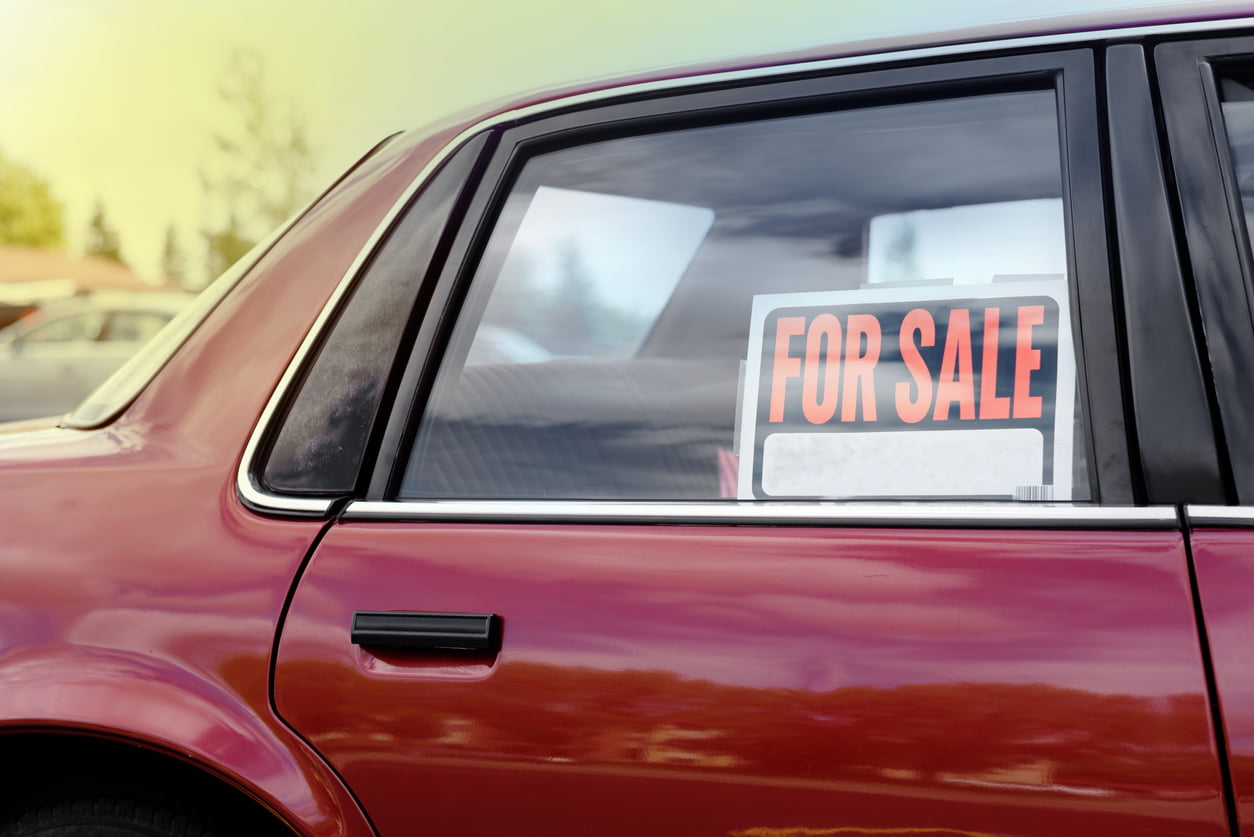We’ve heard talks of a looming recession for some time now, and according to Deloitte, it is just around the corner. According to their latest economic outlook, they believe tight monetary policy is set to take a toll on economic growth before the end of 2023. However, it is not projected to be as devastating as the 2008 recession. With this being said, the impacts will be felt throughout the country. One of these markets impacted most will be the Canadian car market. This may be deemed difficult since Canadians are back to driving more than ever since pandemic restrictions have lifted. So, what does this mean for people looking to buy a new car? Should you proceed with the purchase? What are some cheaper options? Luckily, isure has everything you need to know when it comes to whether you should buy a car during a recession or not.
Should I buy a car during a recession?
Unfortunately, with a recession comes difficult circumstances. Long story short, the 2023 recession isn’t the best time to buy a car.
“We recommend people wait until next year, or later, if possible,” states Shari Prymak. Prymak is a senior consultant at Car Help Canada, a non-profit that helps people make decisions when it comes to automobiles.
The main reason cars are so expensive nowadays is due to the car shortage. Due to supply chain issues in a recession, car manufacturers have been having a more difficult time getting crucial car parts. These include things such as semiconductor chips and brakes. Many Canadians are on waiting lists that range anywhere from six months to two years in order to get their hands on a new car. With high demand and low supply, dealers and manufacturers have been overcharging for cars.
Should I buy a used car instead?
With the prices of new cars surging daily, many people believe they can get around the high costs by purchasing a used vehicle. Unfortunately, the same situation is happening with used vehicles. Due to the wait times for new cars, the prices of used cars are also rising rapidly.
“Used cars are often costing the same as new ones,” Prymark says.
“It makes zero sense to pay the same price for a used car as a new car,” he says. “But unfortunately, that is what many people are doing right now to get a car quickly.” Though they are rising at an alarming rate, used cars are still the go-to option for people to purchase a car if they absolutely must.
Tips on how to buy a car in a recession
So, what if you recently moved away from the city? What if you have a commute to work every day? At isure, we understand that sometimes having a vehicle is a necessity. Is it worth purchasing a car, whether new, used, or electric, now that your commute is longer?
Sometimes public transit, ride-share programs, or biking around town aren’t viable options for people. With this being said, it is crucial to do your research. If there was ever a time to shop around before purchasing a new or used vehicle, it is now. You should not only compare the prices between dealerships but also compare dealership prices with car manufacturer’s prices. If you find the dealership’s site is a lot higher for a specific vehicle, you are being overcharged. If you decide to purchase a used vehicle, here are some of the best-used vehicles for 2023:
- Honda Civic
- Toyota Corolla
- Toyota Tacoma
- Honda Accord
- Subaru Outback
- Toyota Highlander
- Mazda 3
Insurance rates remain steady ahead of recession
The Bank of Canada intends to curb inflation and prevent a recession by increasing interest rates. Unfortunately, this measure also increases auto rates, like financing and leasing. The average price of a new car is roughly $57,000, and a used one is about $37,000. So, auto loans are the only way many Canadians can afford a new car.
Luckily, insurance rates are remaining stable, for now. Since these are tied to personal factors instead of inflation, they won’t empty out your wallet any more than usual. With this being said, it is still just as important to compare your auto insurance rates to make sure you aren’t spending more money on a car than you should be. If you’re in the market for an insurance policy on your new car, contact us or request a quote today!




